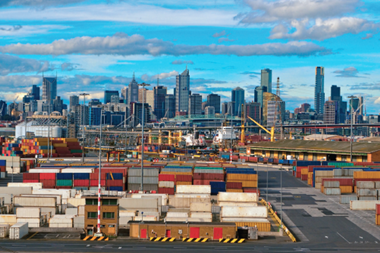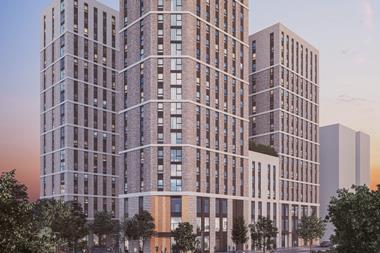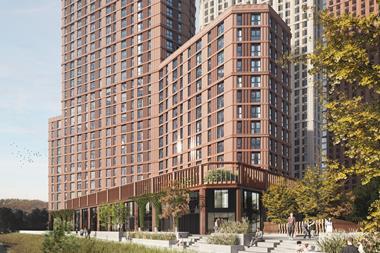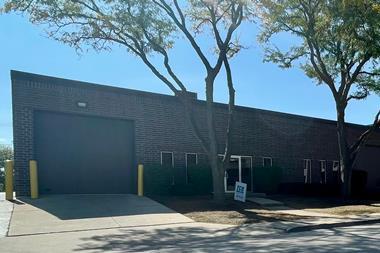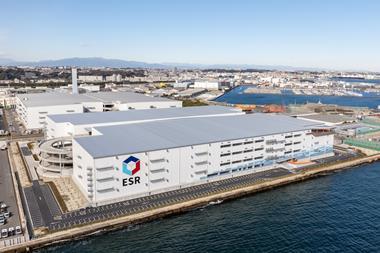Australia’s superannuation funds are investigating opportunities to invest in infrastructure in Latin America, delegates heard on Tuesday at the inaugural Latin American Infrastructure Forum in Melbourne.
Stephen Anthony, chief economist of the Industry Super Association, told an audience of bankers and industry players from Chile, Mexico, Colombia and Peru that Australian industry super funds are ready to go to Latin America.
Australian superannuation funds have already gained exposure to Latin American infrastructure, through IFM Investors, which several of the funds co-own. IFM invested in Hydro Pacific, a renewable energy company with assets in Chile and Brazil, in 2015. The company also owns a stake in toll-road operator Conmex in Mexico.
“IFM has already gone to Latin America,” Anthony said. “But their journey into Latin America is still at an early stage.”
Industry super funds’ investments in European, North American and Australian airports, seaports, railways, highways and utilities total some AUD75bn, he said. About one third of these are offshore.
He named six countries as the “first targets”: Chile, Mexico, Brazil, Columbia, Argentina and Peru, naming the former two as the more mature markets.
Separately, Anthony told IPE Real Estate: “If you are an investor, you want to know that you can work with the rule of law; that the rules of the game don’t change, and that property rights and contracts are respected; that governments are stable.”
He said democratic traditions and institutions are better established in Mexico and Chile.
“Of the other four countries, Columbia and Peru would be considered less risky than Brazil. With its history of defaults, Argentina would be the most risky.”
Ideally, Anthony said, Australian super funds want to invest in brownfield assets, which have an existing performance track record.
“If you have to build assets – for instance, like Hydro Pacific – I think there are more risks; you have to price in a different rate of returns.”
Anthony told IPE Real Estate that Australian super funds need to be opportunistic when the right opportunities emerge. “They have to be in a position to act,” he said.
“I am aware of a lot of opportunities in some of those six nations. I am hearing about deals under consideration and some of these could soon reach decision-making stage.”
Anthony offered no details except to say the assets were mostly regulated utilities and toll roads.
Another speaker, Eduardo Suarez, co-head of Latin American strategy at Scotiabank, told IPE Real Estate that, although corruption scandals still occur, “governance is improving and the Latin American story is attractive”.
He said the valuation of some infrastructure assets looks attractive and present a good entry point for investment in Latin America.
Suarez said the region requires private capital and, even more so, to learn from the experience of partnering with foreign investors.
But the ticket size of investments in the region can be an issue for large global investors, he added.






